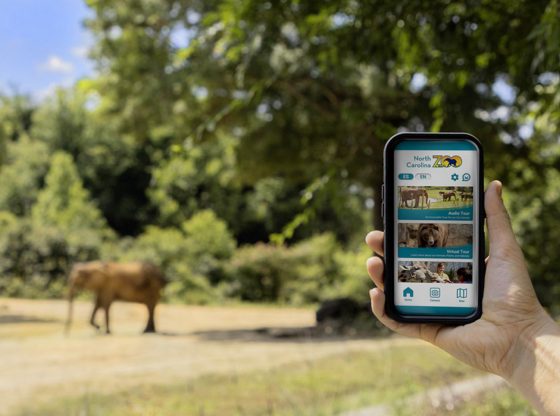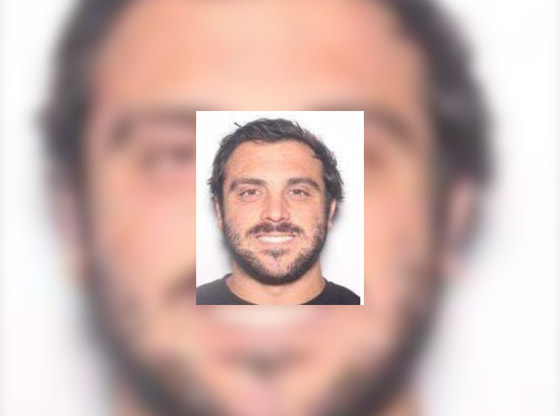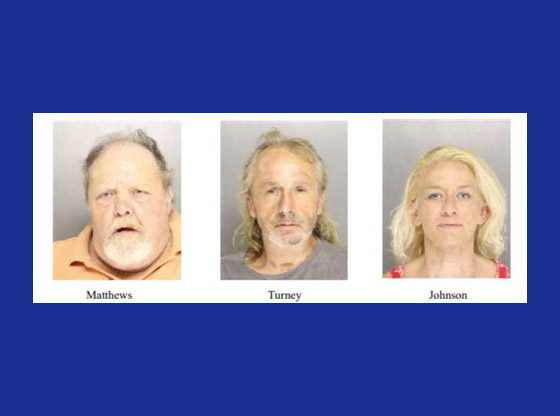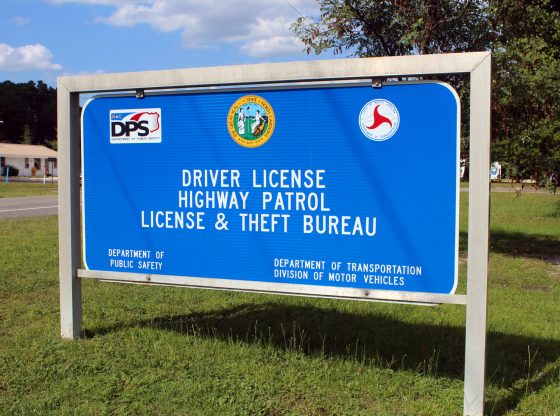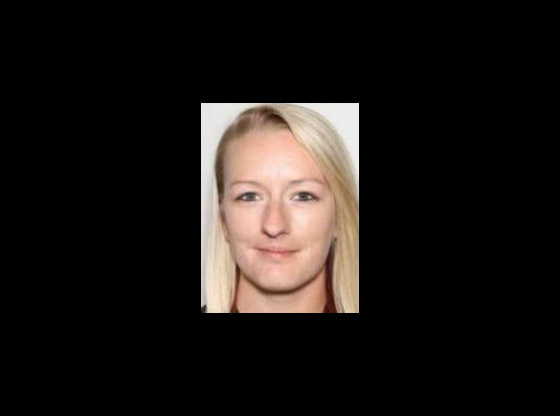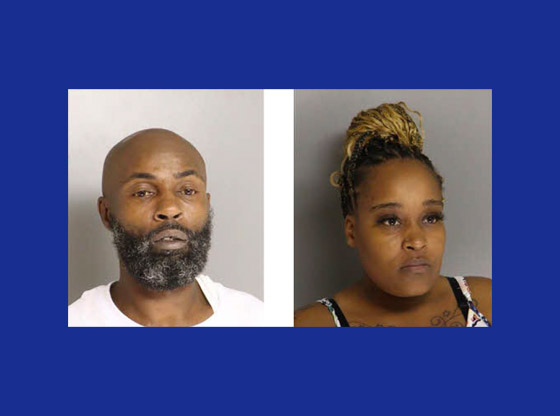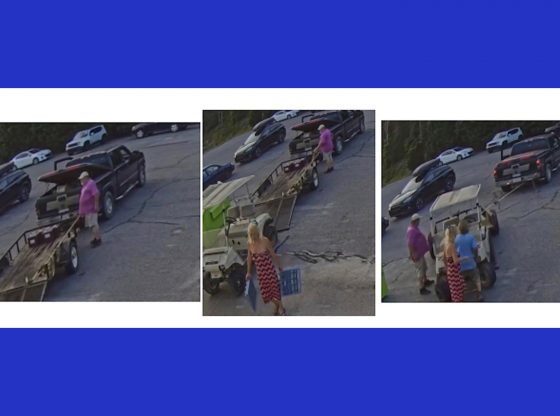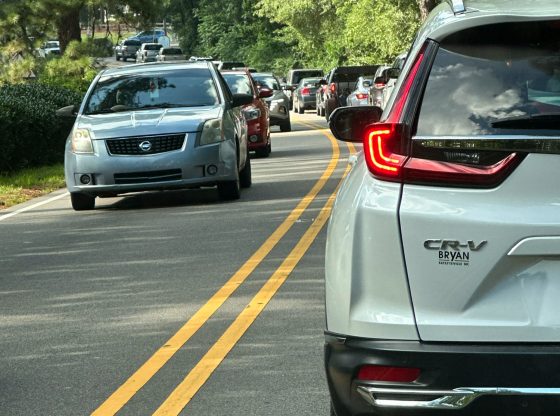Medicare is getting ready to issue all 60 million of its beneficiaries new cards with new ID numbers as way to combat identity theft and fraud.
North Carolina Department of Insurance Commissioner Mike Causey warns Medicare recipients to be on alert for scams regarding the transistioning of the new cards.
Beginning in April 2018 and running through April 2019, old Medicare cards will be replaced with ones that no longer show Social Security numbers. Instead, cards will have a Medicare Beneficiary Identifier (MBI) that will be used for billing and to check eligibility and claim status.
Until now, Medicare used people’s Social Security numbers. But Congress in 2015 passed a law requiring the agency to change that as a way to protect seniors from identity theft. The new identifiers will be a randomly generated sequence of 11 numbers and letters.
“This will happen automatically,” said Commissioner Causey. “Recipients won’t have to pay anyone or provide additional information to anyone who may threaten to remove Medicare benefits unless they comply,” he warned.
Having Social Security numbers removed from Medicare cards helps fight medical identity theft and protect medical and financial information. Recently, however, the Department has been informed of Medicare recipients who have received phone calls from people asking for personal information as they wait for their new cards to arrive.
Listed below are ways people may try to scam you:
~Is someone calling, claiming to be from Medicare, and asking for your Social Security number or bank information? Hang up. That’s a scam. First, Medicare won’t call you. Second, Medicare will never ask for your Social Security number or bank information.
~Is someone asking you to pay for your new card? That’s a scam. Your new Medicare card is free.
~Is someone threatening to cancel your benefits if you don’t give up information or money? This is also a scam. New Medicare cards will be mailed out to you automatically. There won’t be any changes to your benefits.
Family members, husbands and wives, may get their cards in different months. Do not be alarmed if your spouse gets his/her card and yours does not come. It will come at a later date.
For more information on Medicare fraud, contact the Department’s Seniors’ Health Insurance Information Program (SHIIP) at 1-855-408-1212.






